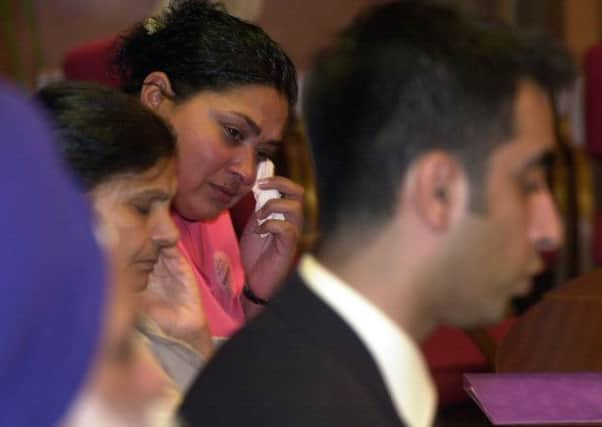How law was reformed after 800 years


The Double Jeopardy (Scotland) Act 2011, which came into force in November that year, allows certain suspects who have been acquitted to be retried.
At the time, justice secretary Kenny MacAskill said: “The principle of double jeopardy dates back over 800 years, but we now live in a very different world.
Advertisement
Hide AdAdvertisement
Hide Ad“The law needed to be modernised to ensure that it is fit for the 21st century.”
The new law means a second trial can take place in cases involving serious crimes in certain circumstances.
The acquitted person can stand trial again if there is “compelling new evidence” against them, if they later admit the crime or if the original trial was “tainted” by intimidation.
The double-jeopardy law also allows for a more serious charge to be brought if the victim dies after the original trial, meaning that an acquittal for attempted murder can be revisited depending on the life prospects of the victim.
The legislation was backed by the Scottish Law Commission, which carried out a two-year review into the changes.
After the legislation came into effect, the former Strathclyde Police force sought to hire dozens of retired detectives to work with the Serious Case Review team to examine cold cases.
No-one was ever convicted over the murder of Indian waiter Surjit Singh Chhokar in November 1998, despite two separate trials.